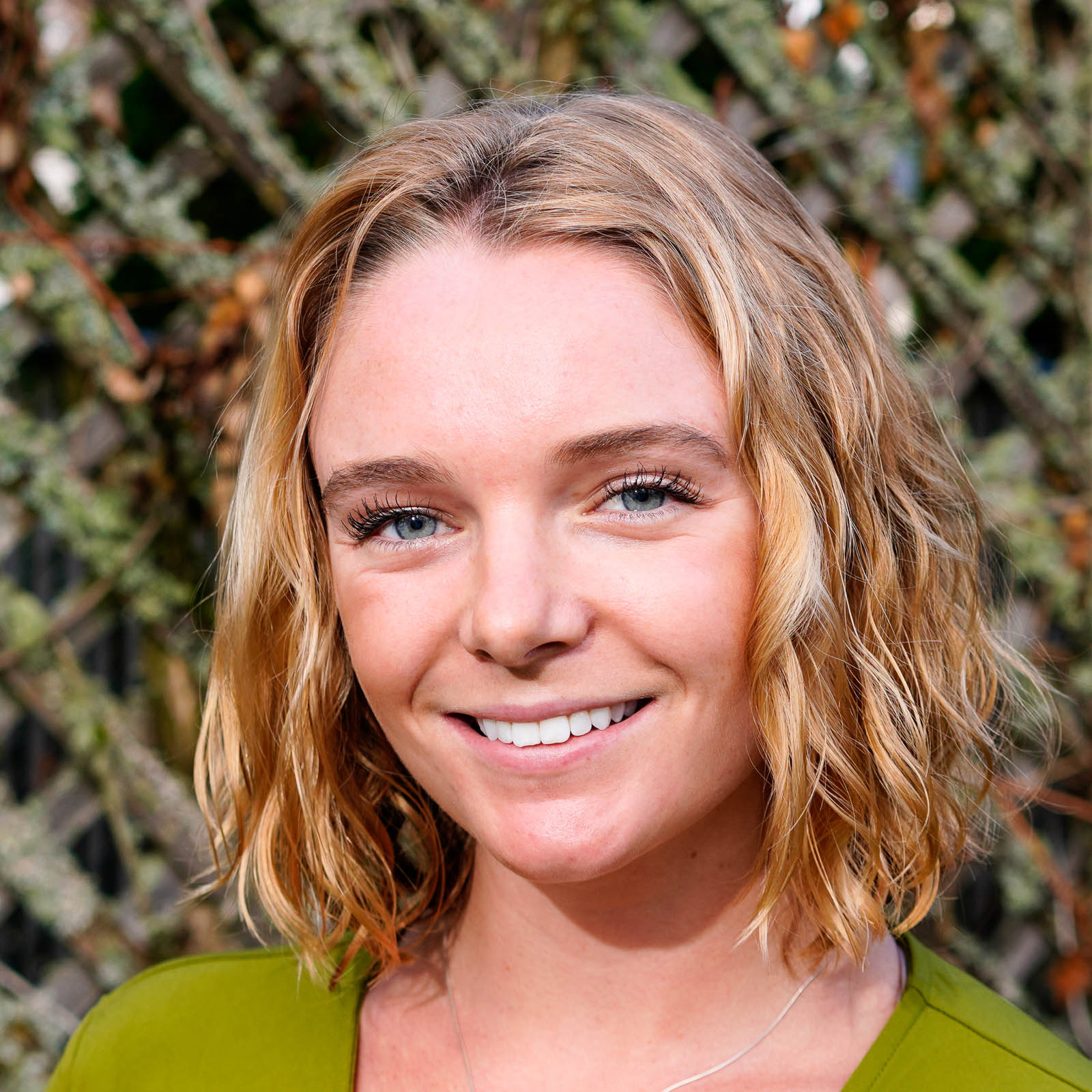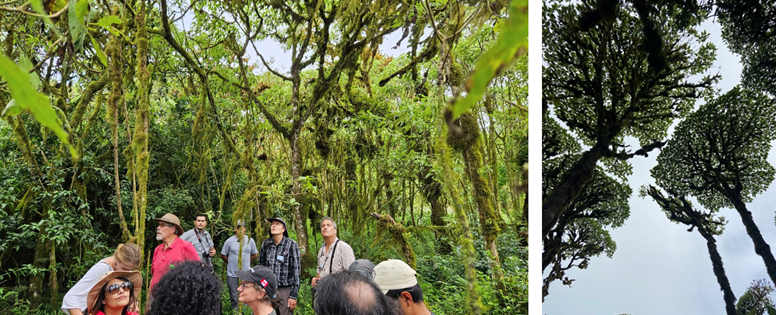Chloe King will be based in the Galápagos Islands for the next year conducting research to improve conservation through tourism.
Chloe and a team of local collaborators held a three-day tourism policy workshop in August to launch her fieldwork in the Islands, exploring what tourism as a regenerative force might look like in the future.
She said:
“Regenerative tourism seeks to explore ways in which living beings can work together with nature for the benefit of society and the rejuvenation of the ecosystem in the Galápagos.”

The Galápagos Islands are home to many endangered species such as giant tortoises, Darwin’s finches, and marine iguanas.
The archipelago in the east Pacific, about 600 miles west of Ecuador, became a National Park in 1959 and has World Heritage status.
Charles Darwin, a Christ’s alumnus, undertook fieldwork on the Islands in the 1830s which contributed to his best-known book, On the origin of species, which outlined his theory of evolution through natural selection.
The workshop, funded in part by the College’s Darwin Galápagos Fund, looked at ways both to preserve the natural environment and allow local communities to flourish.
Workshop participantss visited ecological projects involving tourists such as a site where they helped to remove invasive blackberries and replant native Scalesia trees and an organisation that works with visitors to collect and upcycle plastic into jewellery.

The workshop was convened by the Galápagos National Park in collaboration with the Charles Darwin Foundation, Galapagos Conservation Trust, Galapagos Hub, University of San Francisco in Quito.
The first tourists to the Islands came on cruises, but now tourism is mainly land-based. The number of people visiting the islands has more than tripled over the past 20 years to around 271,000 in 2019.
While there are benefits to the local economy from tourism, its impact through the spread of invasive species and the pressure on natural resources is a major concern, as is the impact on the Islands’ 30,000 residents.
Chloe says that in many ways the ability of the Galápagos Islands to manage tourism is ‘world class’ and her research will contribute to building the Islands’ resilience to shocks like climate change and pandemics.
She said:
“This is the beginning of a conversation that will take place with local stakeholders including tourism operators, local residents, and public officials about achieving the best outcome for people and nature.”

The Darwin Galápagos Fund provides grants to undertake research on the Galápagos Islands that will be of practical benefit to our understanding of the nature of these unique and vulnerable islands.

